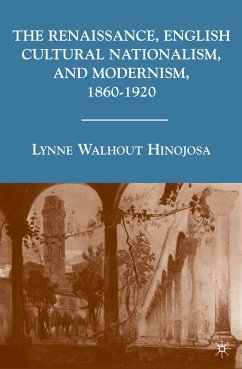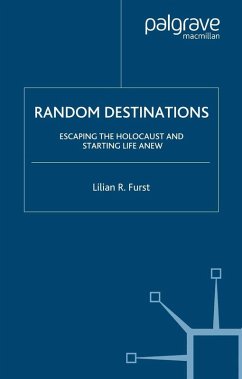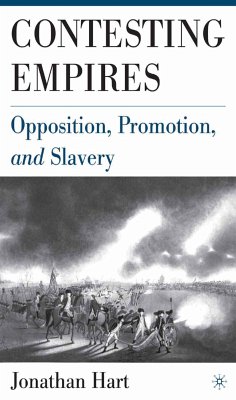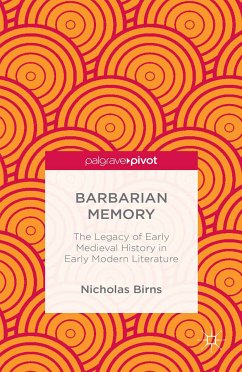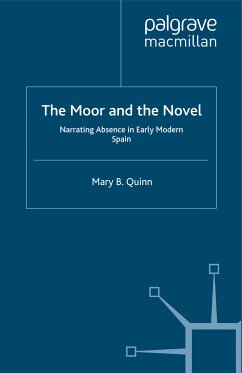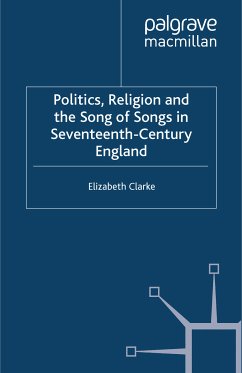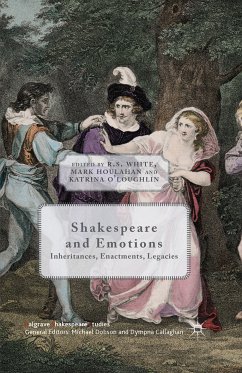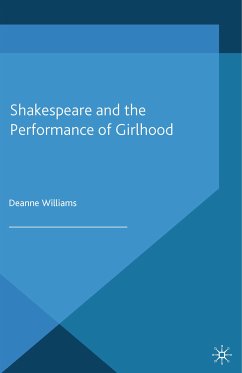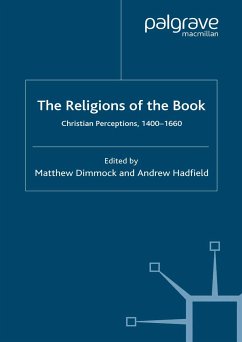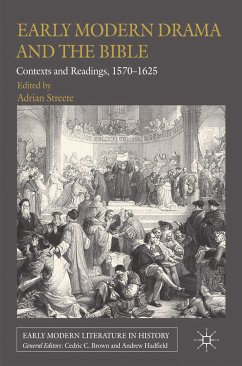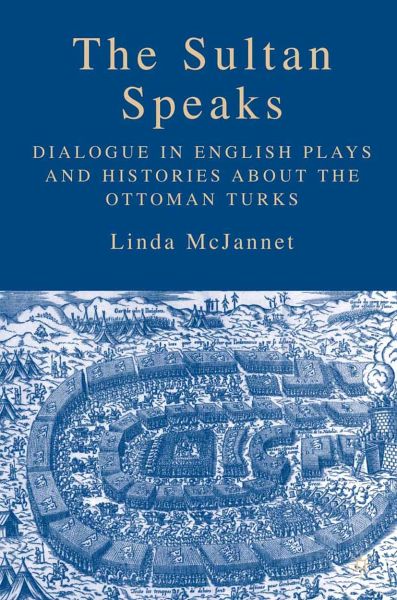
The Sultan Speaks (eBook, PDF)
Dialogue in English Plays and Histories about the Ottoman Turks
Versandkostenfrei!
Sofort per Download lieferbar
40,95 €
inkl. MwSt.
Weitere Ausgaben:

PAYBACK Punkte
20 °P sammeln!
The first study of English historical plays about the Turks, using works in Greek, Arabic, and Turkish. Drawing on Bakhtin's concept of the dialogic, McJannet shows that instead of adverse authorial commentary playwrights such as Marlowe and Fulke Greville use dialogue and commentary to enhance the sultan's stature and mitigate his negative acts.
Dieser Download kann aus rechtlichen Gründen nur mit Rechnungsadresse in A, B, BG, CY, CZ, D, DK, EW, E, FIN, F, GR, HR, H, IRL, I, LT, L, LR, M, NL, PL, P, R, S, SLO, SK ausgeliefert werden.



